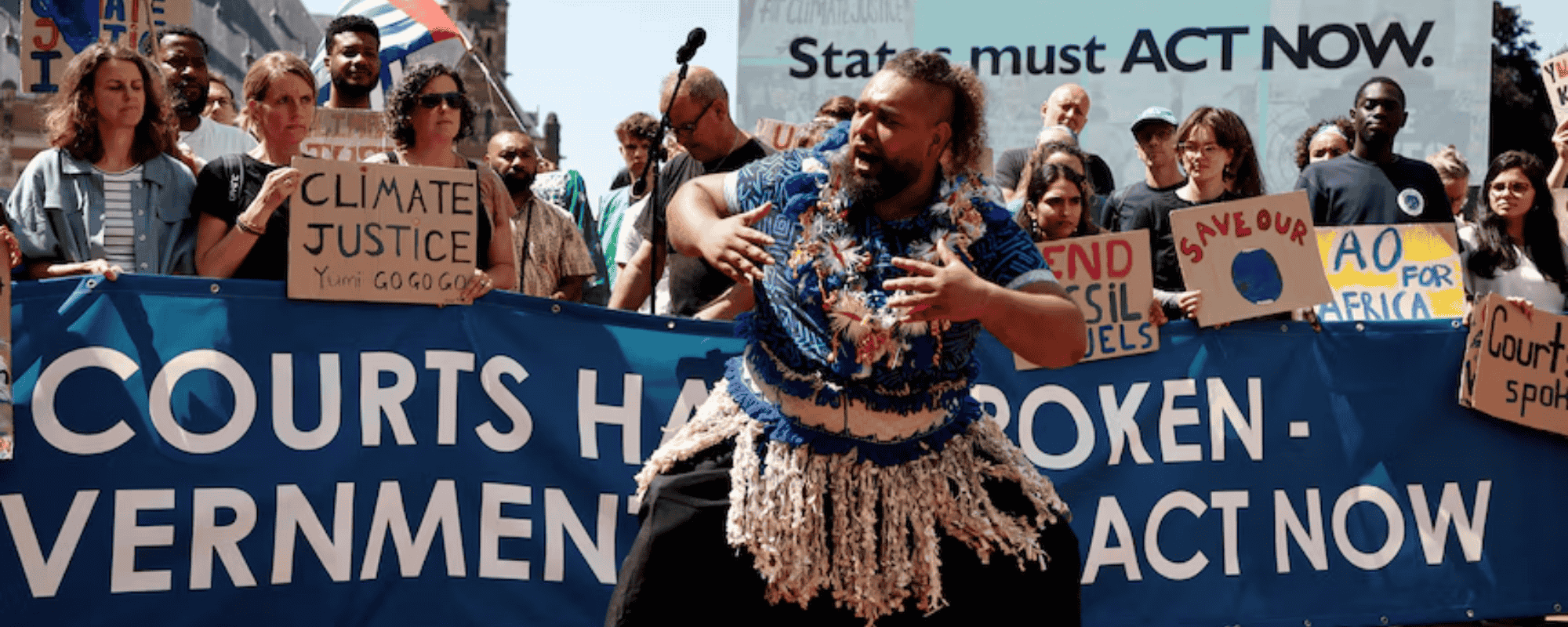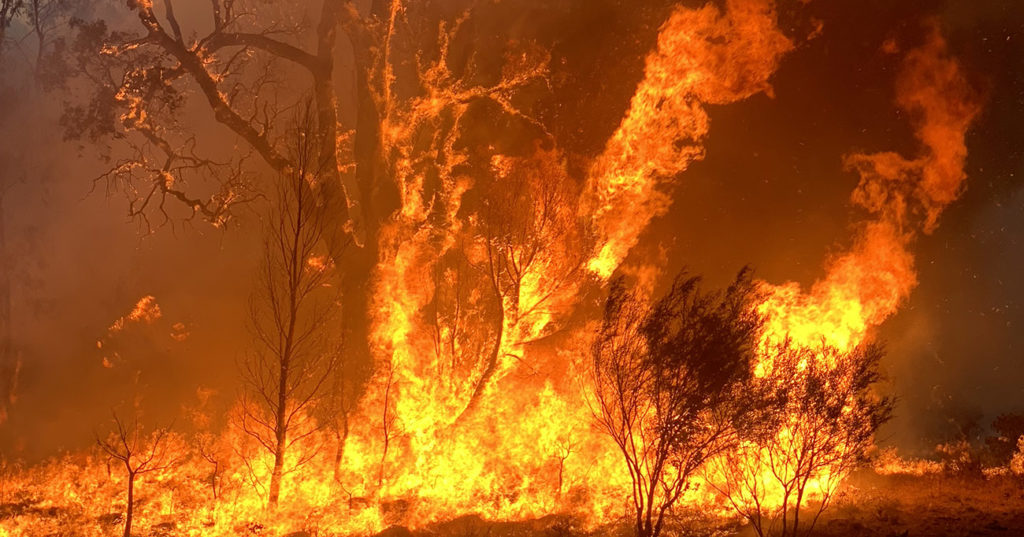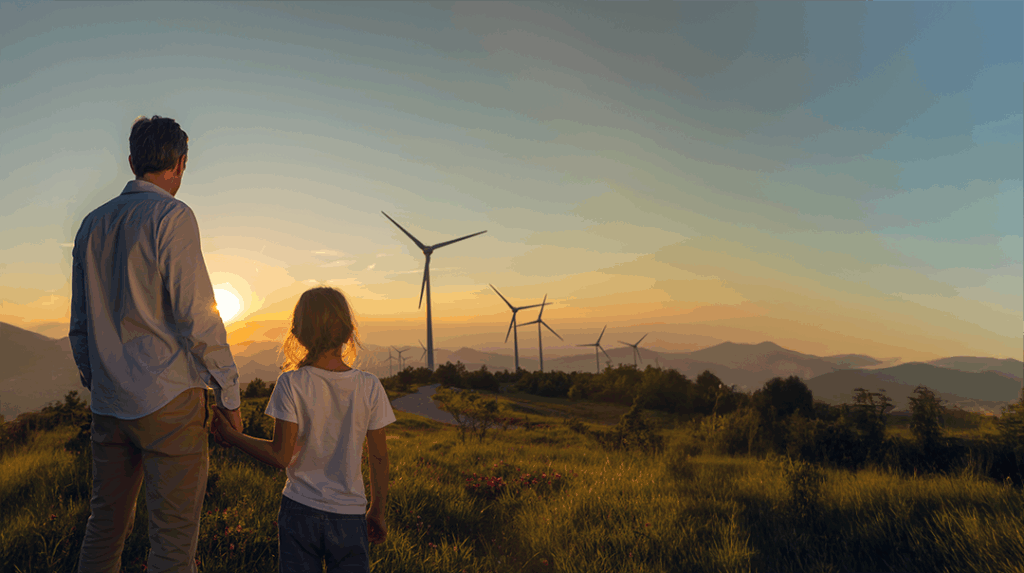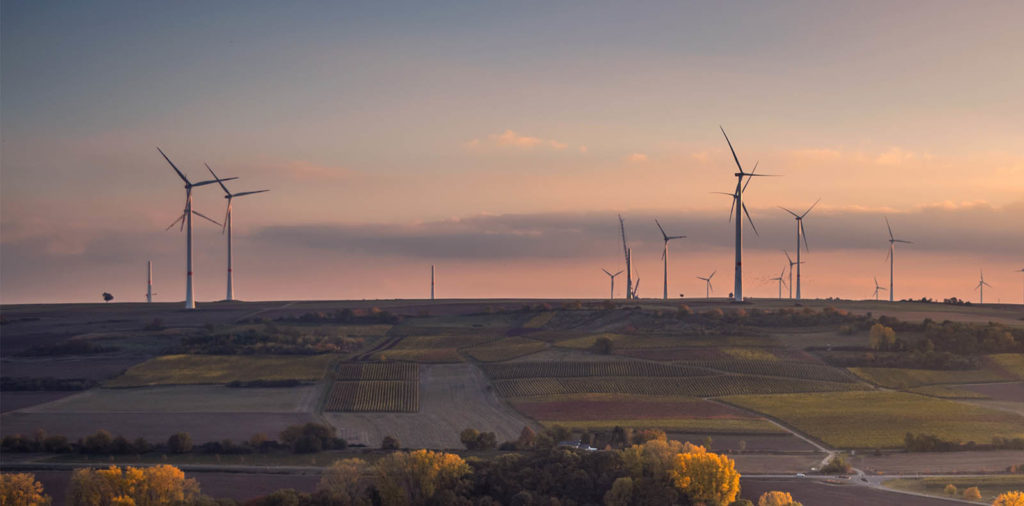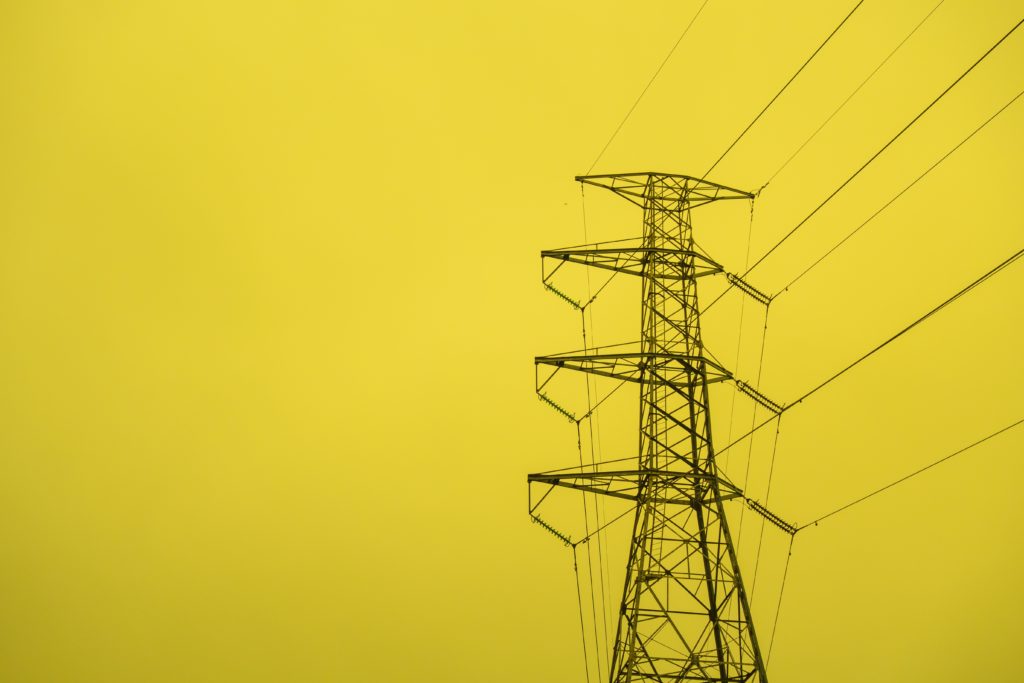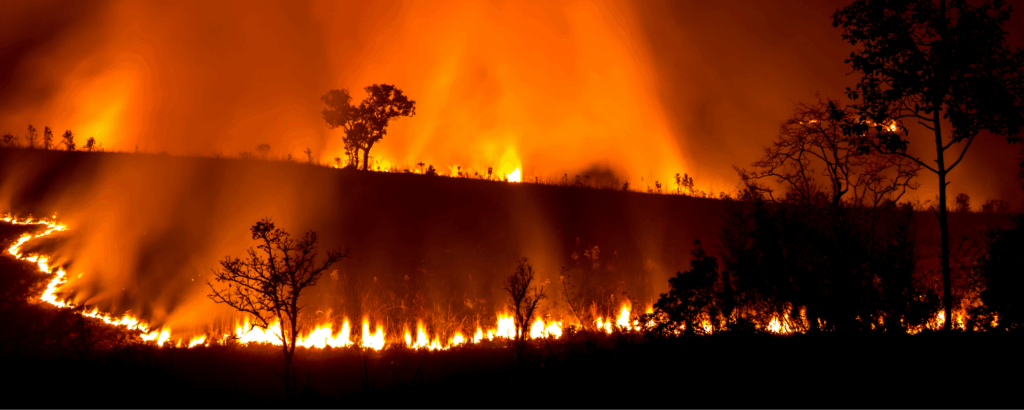This week the International Court of Justice delivered a strong advisory opinion that States have a clear legal obligation to cut emissions, prevent harm to the climate system and in some cases, pay for historical damages caused by their emissions. What does this mean for those of us on the frontlines of climate impacts? This means that international law is now on our side. It can now evaluate States’ climate obligations not just in terms of emissions, but in terms of how the climate crisis has impacted our basic human rights and losses. While not binding, these advisory opinions shape international norms and inform legal action.
What began as a group of 27 Pacific Island law students is now a turning point that strengthens a struggling multilateral system for climate action. The Vanuatu government was also a driving force behind this first ever legal opinion on climate change. With these proceedings, we are seeing a familiar storyline play out in the international arena, one that the Pacific is all too familiar with – that if we want to survive the climate crisis, it is up to us to chart the path of least destruction. Whether or not the world follows our lead has differed over history.
Ten years ago, those of us present in Paris cried tears of resolve and pride when Republic of the Marshall Islands Foreign Minister, Tony De Brum, masterfully led the High Ambition Coalition to negotiate and secure what we now know as the Paris Agreement. The world then followed suit with their national emissions targets, some worthy of the phrase “climate action”, and some not. In 2022, Tuvalu became the first country to call for a Fossil Fuel Non Proliferation Treaty, with 135 cities and subnational governments today backing that same call. Over the years, Pacific Island states have attempted to set high bars for climate ambition and prayed that those with the power to impact global emissions saw our survival as worth fighting for.
Today, this call-and-response is again at play for the Pacific. When we became aware of Australia’s intentions to host COP31 as an Australia-Pacific COP, we saw the opportunity to chart a path encouraging Australia’s climate leadership. But it has been no easy feat. When the Australian government signalled its addiction to gas expansion in Canberra last May, a group of Pacific Islanders took to parliament lawns calling for a renewable energy transition instead – both domestically and within the Pacific region. Climate Minister Chris Bowen’s recent visit to the Pacific indicated that Australia’s direction, at least in terms of a Pacific energy transition, could be looking positive. On this four-nation tour, Australia committed $16.4 million to upgrade Palau’s electricity network and shift to renewable energy. This includes the 15MW Palau Solar Farm, one of the Pacific’s largest solar power projects. However, President Surangel Whipps Jr of Palau has made it clear that a “Pacific COP” would require more than renewable energy investments. It would call on Australia to address its gas addiction and position as one of the top-three fossil fuel exporters in the world.
The issue of Australia’s coal and gas exports is the stain on Australia’s potential climate legacy. Even as Australia courts Pacific leaders in their bid for COP31, Environment Minister Murray Watt recently approved the extension of the Woodside’s North West Shelf gas plant, one of the world’s biggest fossil gas projects, prolonging its life from 2030 to 2070. The extension is expected to be responsible for about 87.9m tonnes of carbon dioxide equivalent every year in the decades ahead. Acts of hypocrisy like this make it increasingly difficult to trust Australia as a partner to Pacific peoples, as continued fossil fuel exports exacerbate climate disasters across our islands.
So as we skate dangerously close to the 1.5 degree target set in Paris, we cannot allow the next five years to be where we lose our fight against the climate crisis. Australia’s current emissions reduction target of 43% by 2030 is woefully short of what’s required to keep global heating below 1.5 degrees, and predictions of its revised emissions target due this year are still unclear. As a potential COP host within this critical timeframe, Australia has the opportunity and responsibility to up its climate game significantly – but only by listening to Pacific co-hosts and following our lead.
We have dreams and pathways for a Pacific free from fossil fuels and climate catastrophe, and we are actively trying to secure the resources and relationships to make that a reality. We have employed everything at our disposal to realise this dream, from diplomacy to litigation to grassroots activism. It is clear that both history and international law are on our side. What remains to be seen is how Australia responds to the role they’ve been cast in the story of our survival.
Author: Fenton Lutunatabua, 350.org Deputy Head of Regions and founder of the Pacific Climate Warriors.
Photo: ABC News

